A report on ‘NFTs and the Blockchain: the risks to sport and culture’ recently published by the Parliamentary Culture, Media and Sport Committee (CMSC) cites research by Bournemouth University’s (BU’s) Professor Dinusha Mendis.
The report follows the consultation that was conducted by the Department for Culture, Media and Sport (DCMS) in November 2022 and outlines how Non-Fungible Tokens (NFTs) and blockchains should be tackled in the future, particularly in relation to art and culture; professional sport and advertising.
In relation to intellectual property rights (IPRs), the report cites copyright infringement, limited recourse and redress (for consumers and creators), the scale of infringement, consumer confusion and the inflexibility of transferring IP as the main issues that needs consideration.
In responding to these issues, the report cites the research by Prof. Mendis calling for more protection for consumers and creators as a result of rising IP infringements, scams and frauds. The report also identifies the unique nature of NFTs and blockchains and cites Prof. Mendis’ research in demonstrating how current laws – such as ‘notice and takedown’ or ‘the right to be forgotten’ – which apply in other circumstances relating to piracy and counterfeiting, may not necessarily apply to online marketplaces. As such, the report recommends a code of conduct to be adopted by online platforms dealing with NFTs.
The hype surrounding NFTs was short-lived and in mid-2022, investors saw a collapse in the NFT market. However, as the report states, “cryptoassets such as NFTs continue to have advocates … [and] even if NFTs never again reach the peak they achieved over the last few years, areas of concern [in relation to regulation] remain”.
As such, based on the research presented in this report relating to intellectual property, the CMSC recommends that the “Government engages with NFT marketplaces to address the scale of infringement and enable copyright holders to enforce their rights”. In relation to sports, the report identifies the financial risks and harm which NFTs present to fans and the reputational harm it presents to clubs and recommends that “any measurement of fan engagement in sports, including in the forthcoming regulation of football, should explicitly exclude the use of fan tokens”.
Finally, in relation to advertising, and once again citing the research by Prof. Mendis, the report recommends that the Government respond to misleading and/or fraudulent advertising for NFTs.
For further information and for the full report, please see here: https://committees.parliament.uk/publications/41611/documents/205745/default/
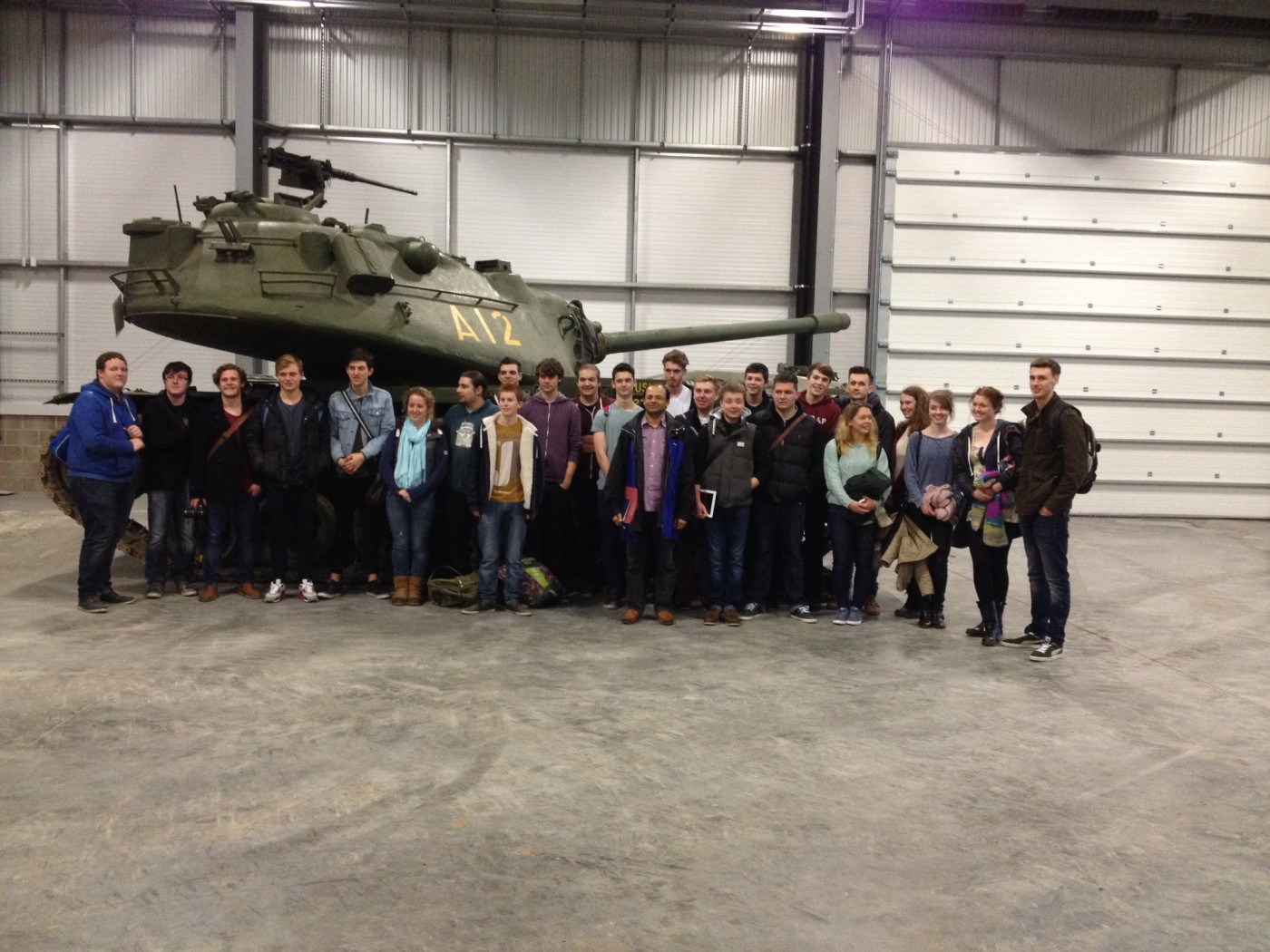


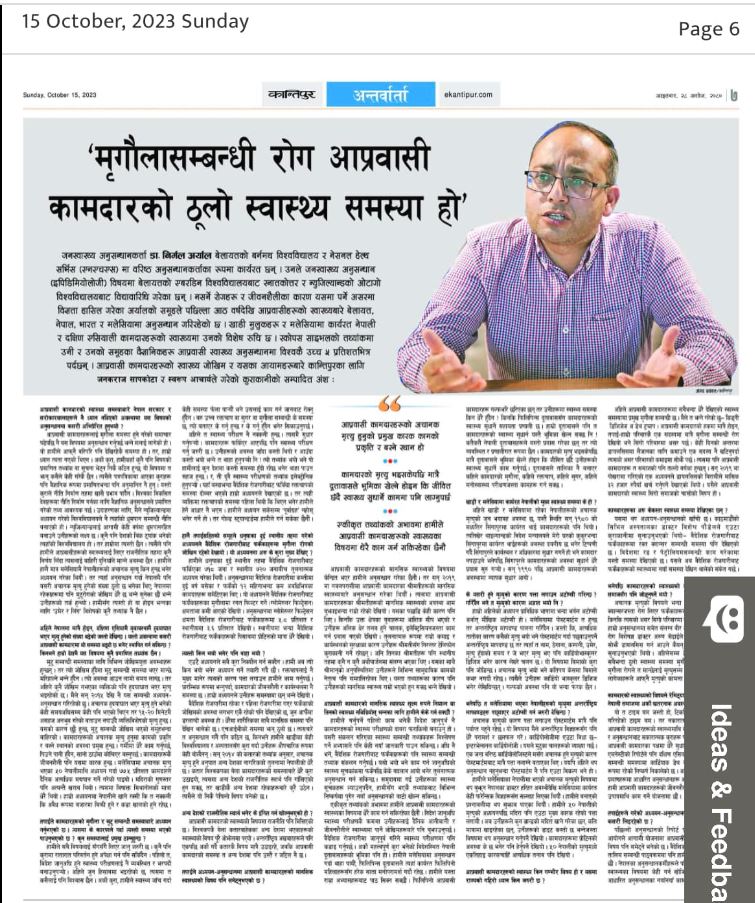
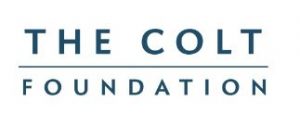
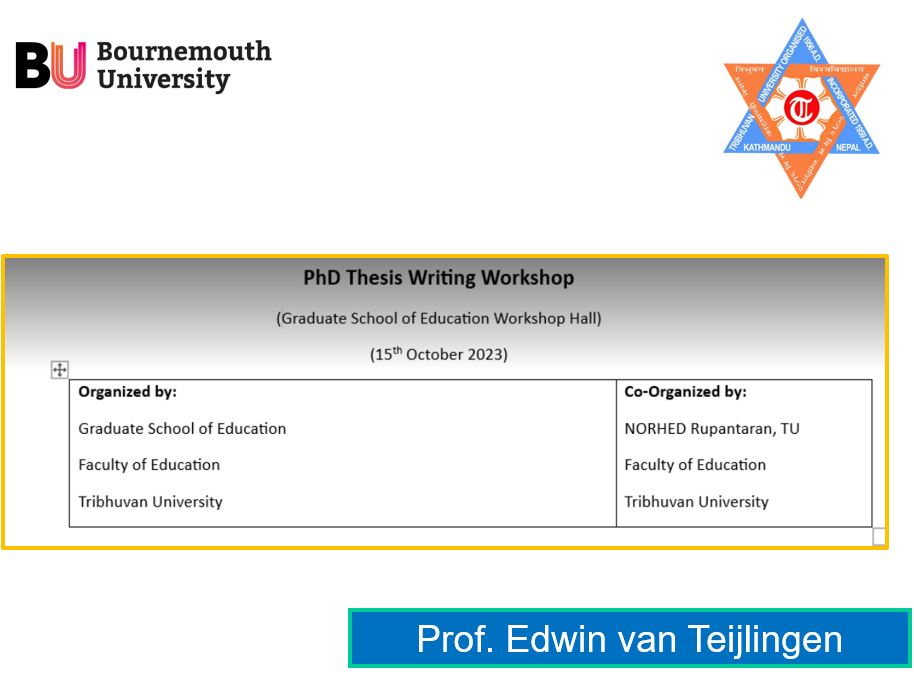

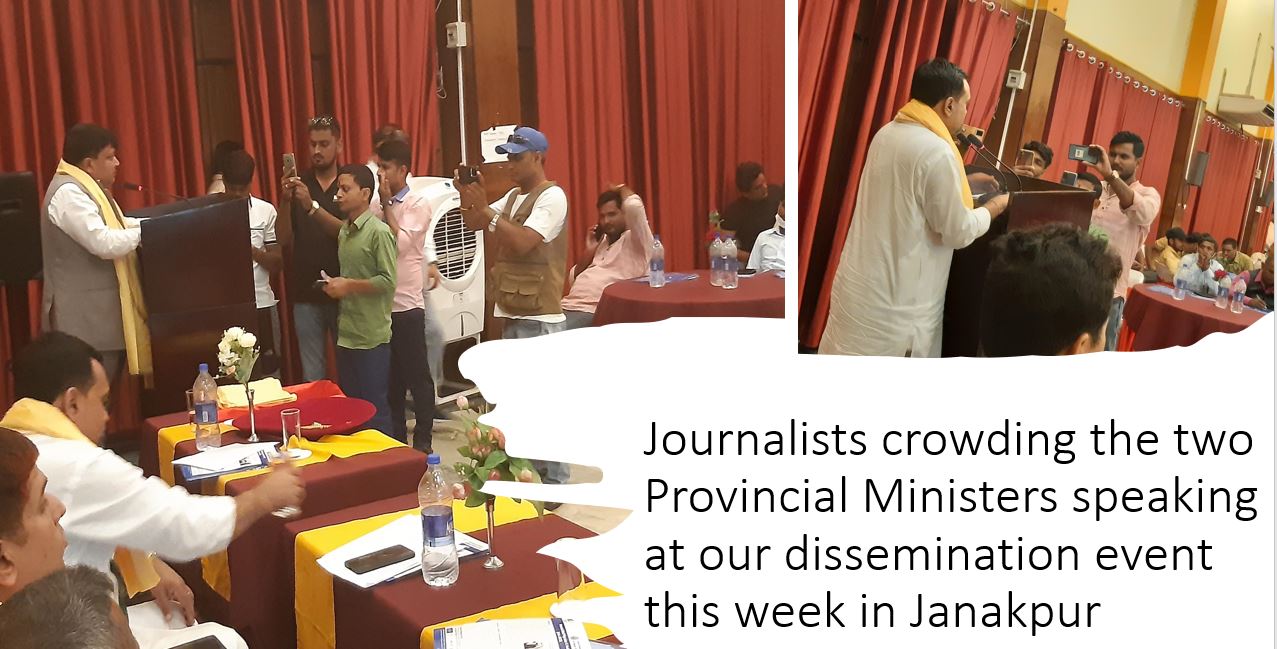
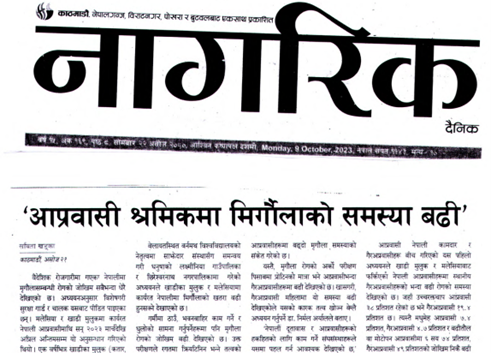
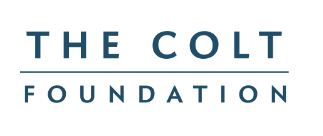
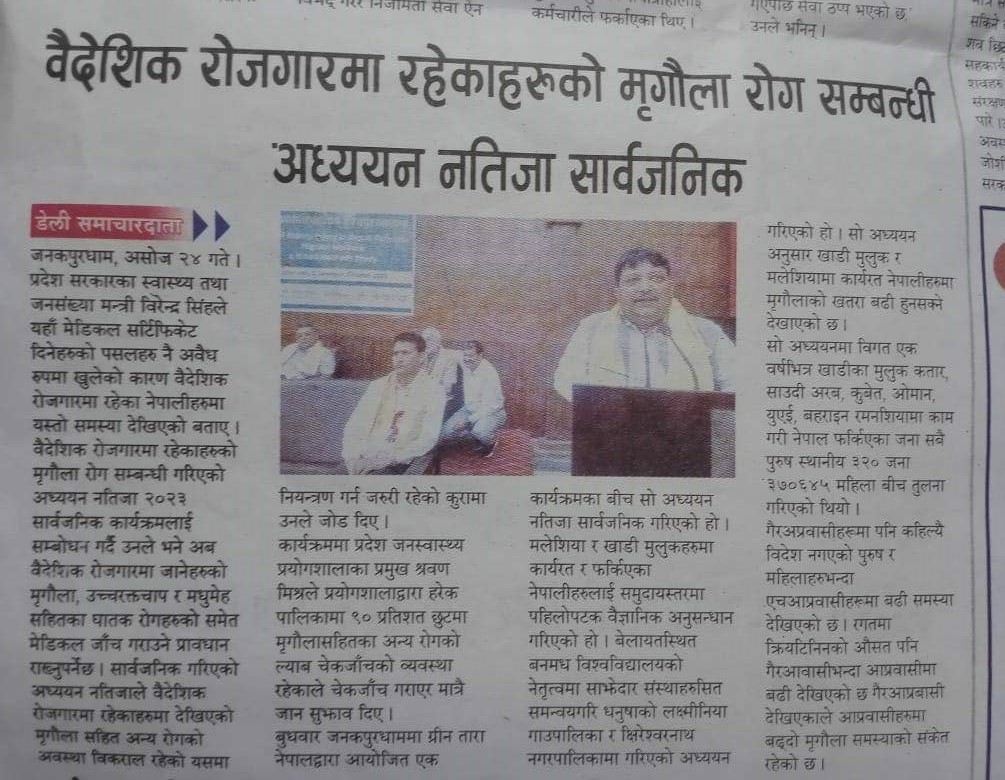
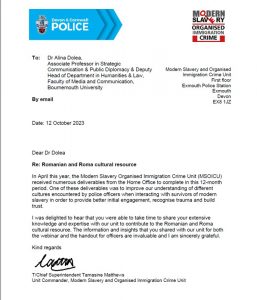 Dr. Alina Dolea, Associate Professor in Strategic Communication and Public Diplomacy and Deputy Head of Department in Humanities and Law, received a letter of thanks from the UK Modern Slavery and Organised Immigration Crime Unit (MSOICU).
Dr. Alina Dolea, Associate Professor in Strategic Communication and Public Diplomacy and Deputy Head of Department in Humanities and Law, received a letter of thanks from the UK Modern Slavery and Organised Immigration Crime Unit (MSOICU).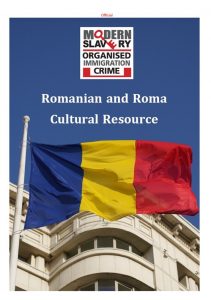
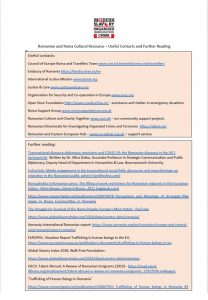


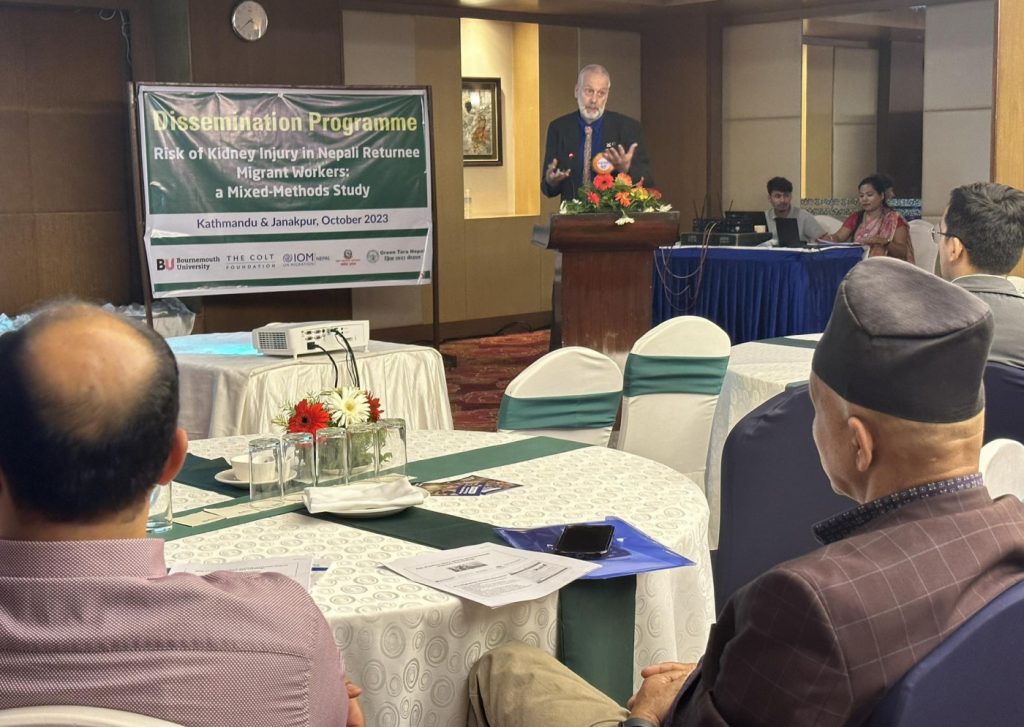
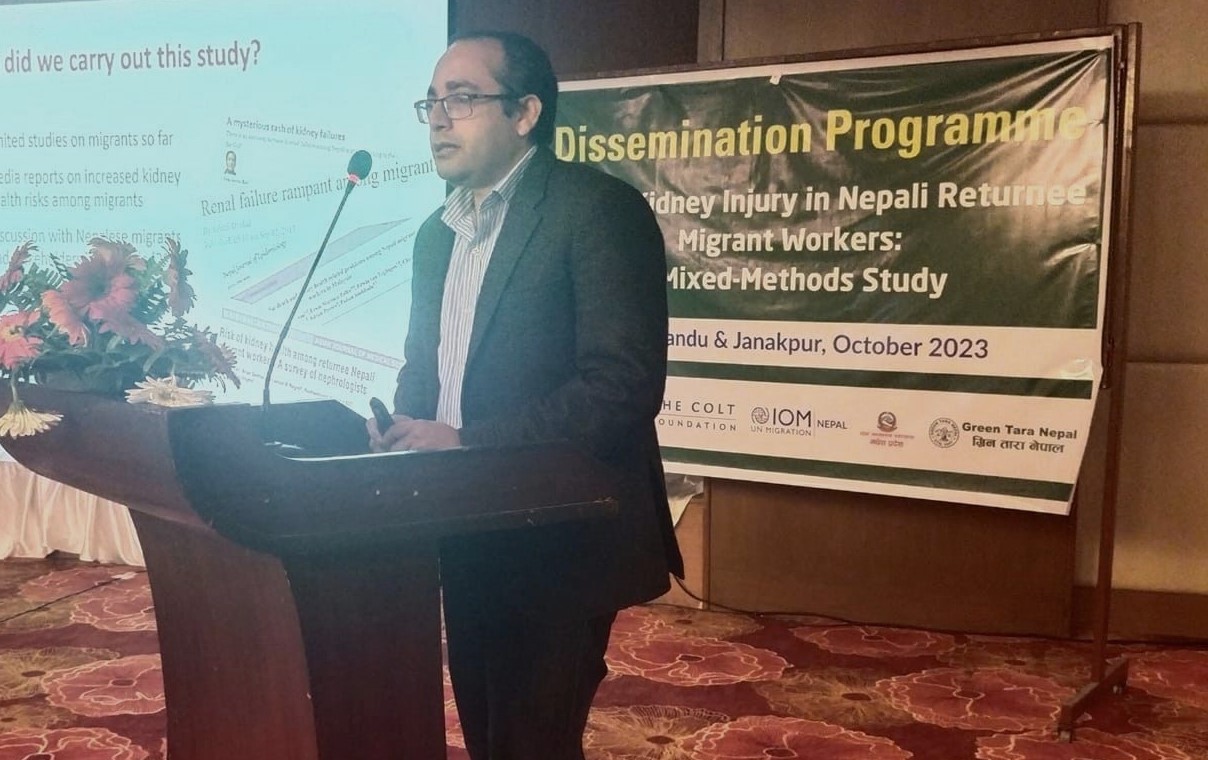

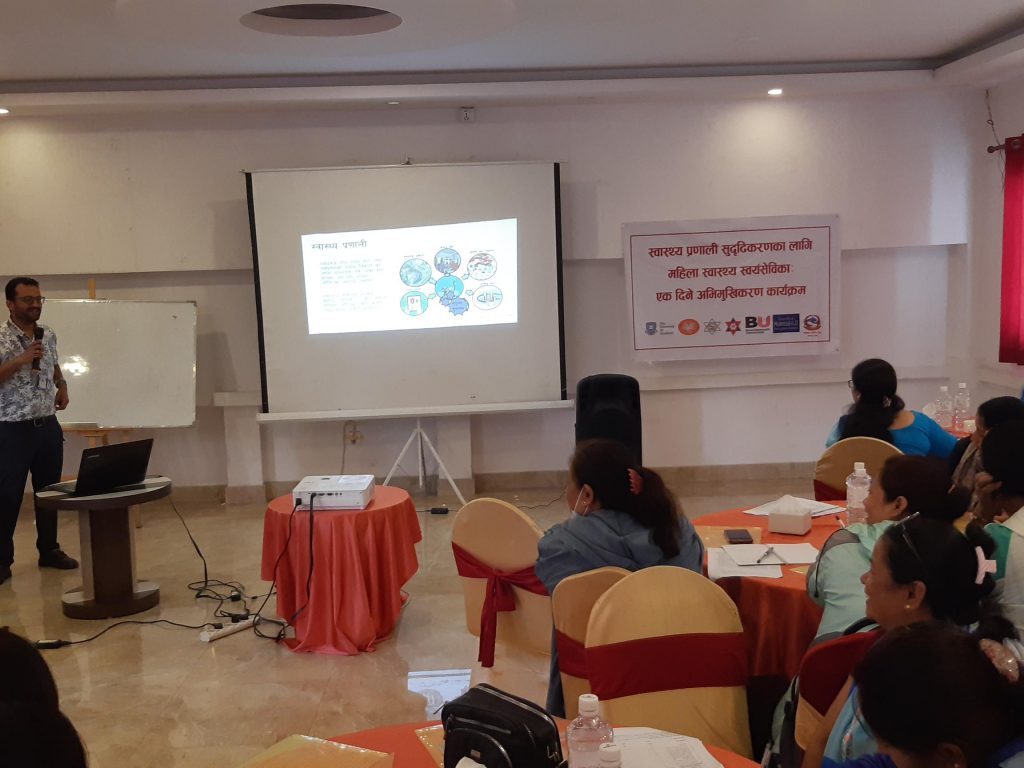
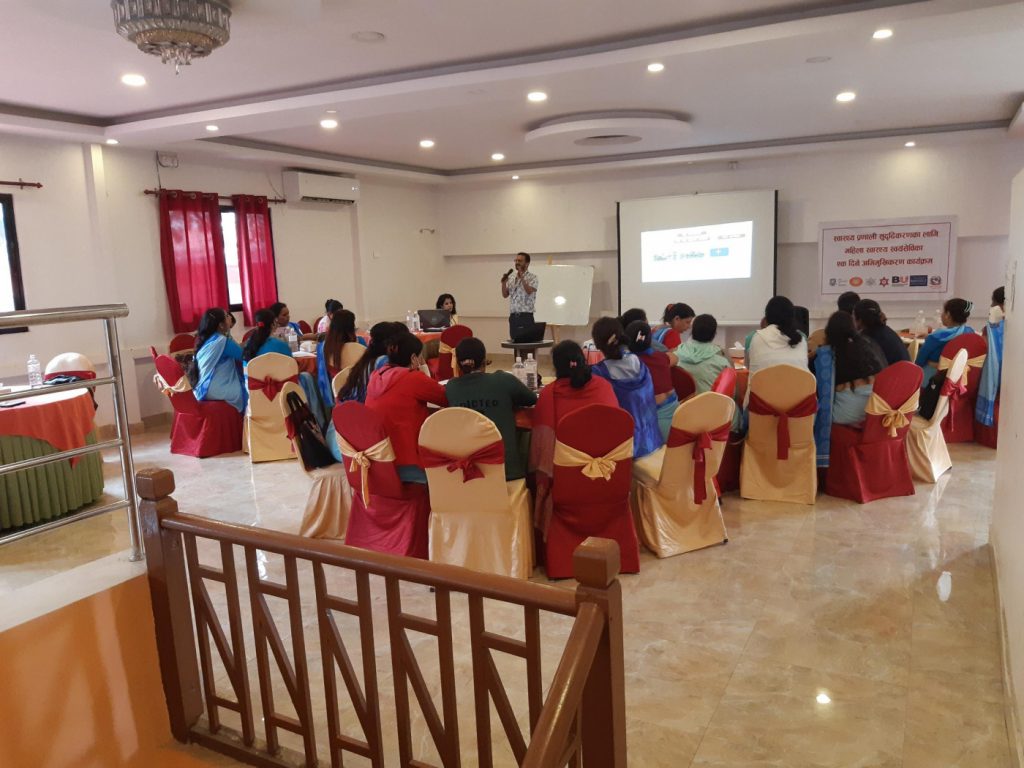

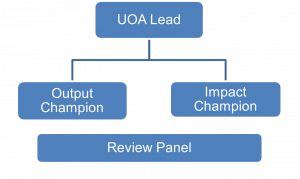

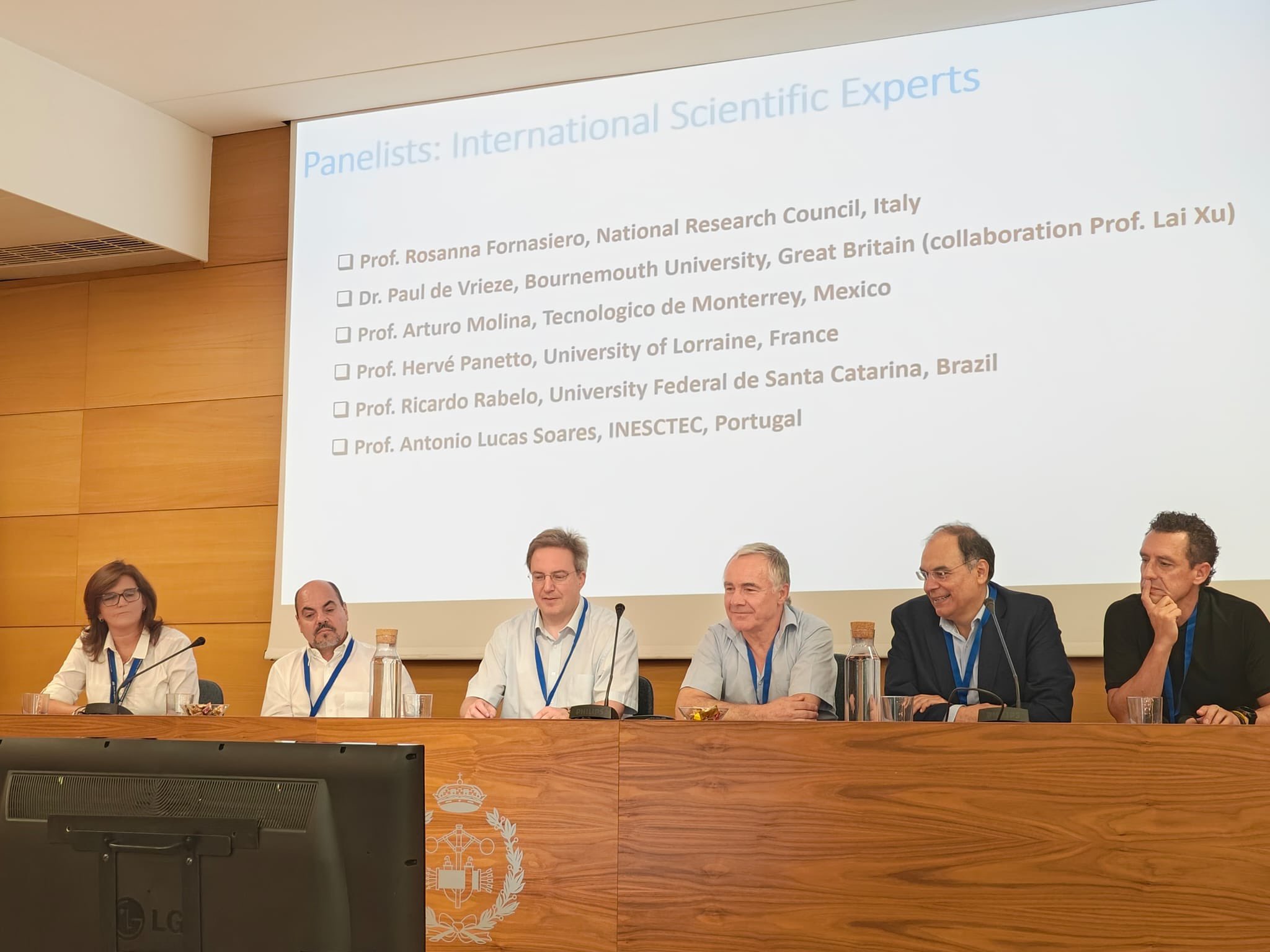

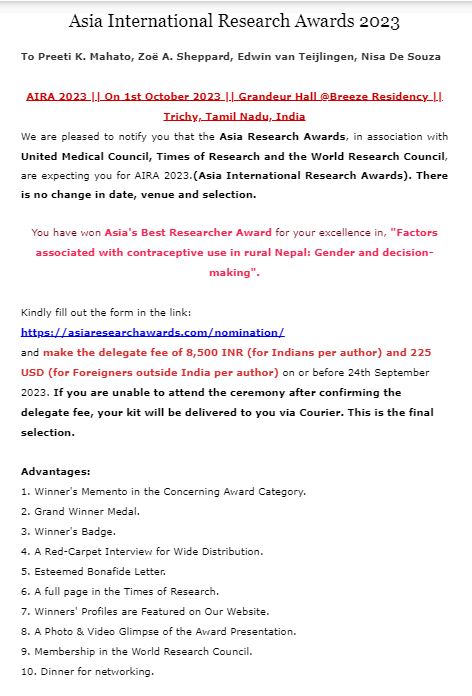














 REF Code of Practice consultation is open!
REF Code of Practice consultation is open! BU Leads AI-Driven Work Package in EU Horizon SUSHEAS Project
BU Leads AI-Driven Work Package in EU Horizon SUSHEAS Project Evidence Synthesis Centre open at Kathmandu University
Evidence Synthesis Centre open at Kathmandu University Expand Your Impact: Collaboration and Networking Workshops for Researchers
Expand Your Impact: Collaboration and Networking Workshops for Researchers ECR Funding Open Call: Research Culture & Community Grant – Apply now
ECR Funding Open Call: Research Culture & Community Grant – Apply now ECR Funding Open Call: Research Culture & Community Grant – Application Deadline Friday 12 December
ECR Funding Open Call: Research Culture & Community Grant – Application Deadline Friday 12 December MSCA Postdoctoral Fellowships 2025 Call
MSCA Postdoctoral Fellowships 2025 Call ERC Advanced Grant 2025 Webinar
ERC Advanced Grant 2025 Webinar Update on UKRO services
Update on UKRO services European research project exploring use of ‘virtual twins’ to better manage metabolic associated fatty liver disease
European research project exploring use of ‘virtual twins’ to better manage metabolic associated fatty liver disease